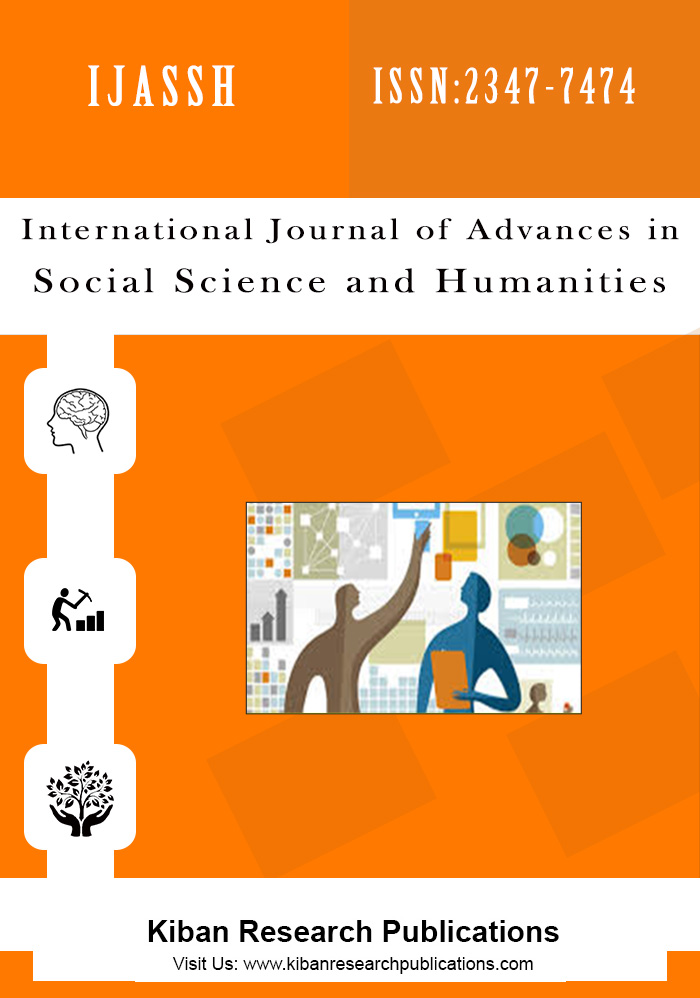Evaluating the Extent of Share Price Dispersion on the Nigerian Stock Exchange
Abstract
The stock markets globally undergo overvaluation and undervaluation cycles. For one reason or the other a stock may worth more or less than the current market price (SP); the gap referred to as Spare Price Dispersion. The literatures, both theoretical and empirical, conclusively opine that overvaluation and undervaluation result in suboptimal allocation of resources. While it may not be possible to eliminate share price dispersion completely in capital markets, to what extent should SP be different from its intrinsic value? The objective of this study is to evaluate the extent of share price dispersion (SPD) on the Nigerian Stock Exchange (NSE). Using the Dividend Share Valuation Model (DSVM) as economic measure of intrinsic value (INTV), the study evaluated the intrinsic value of dividend paying firms on the NSE and compared this with SP to determine the extent of SPD in the market. Nine percent of the shares in the study were undervalued while the remaining 91% (786) were overvalued. Analysing the extent of dispersion revealed that 179 i.e. 20.72% are less than N1, 406 (47%) between N1 and N10 with 14% amounting to 121 shares have dispersion in their share price between N10 and N20. Approximately 11% have their price dispersion between N20 and N50 while 5% are between N50 and N100 with 2% above N100. Share Price Dispersion, whichever direction it is, has severe economic consequences; therefore its determinants should be identified for policy attention to mitigate its adverse effect of misallocation of resources.
Keywords: Dividend Share Valuation Model, Intrinsic Value, Nigerian Stock Exchange, Share Price Dispersion, Share Price




